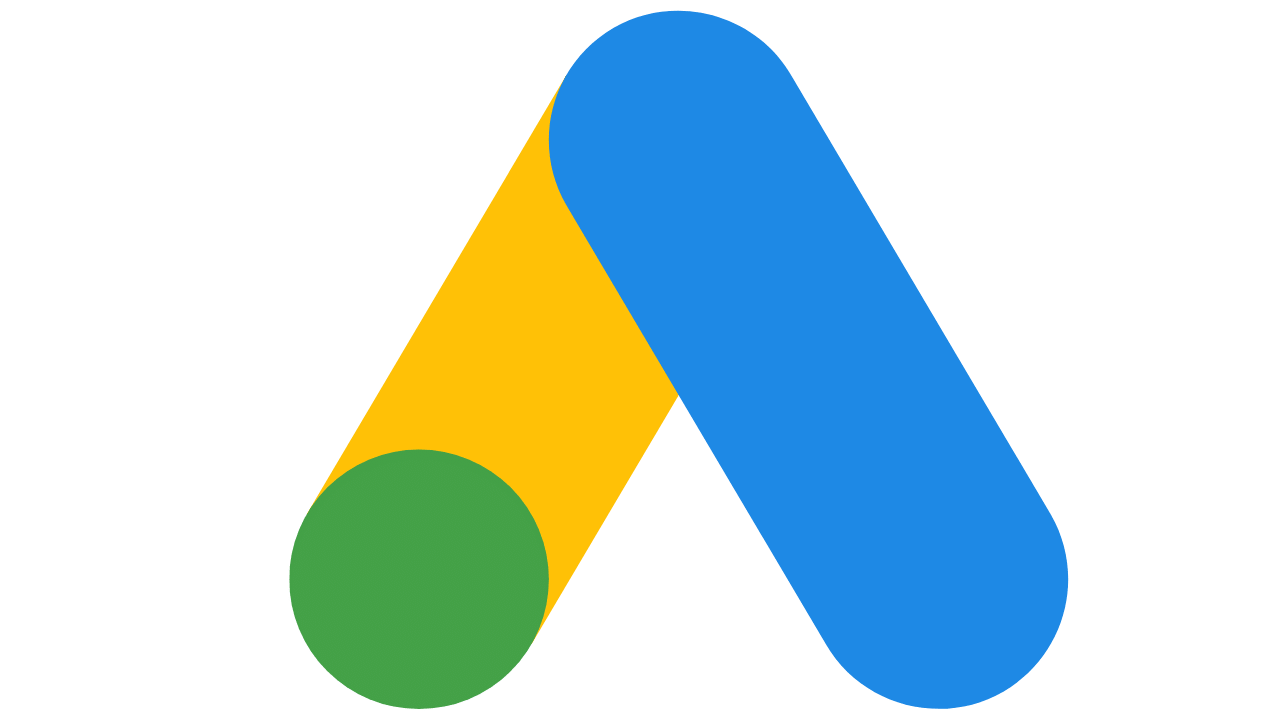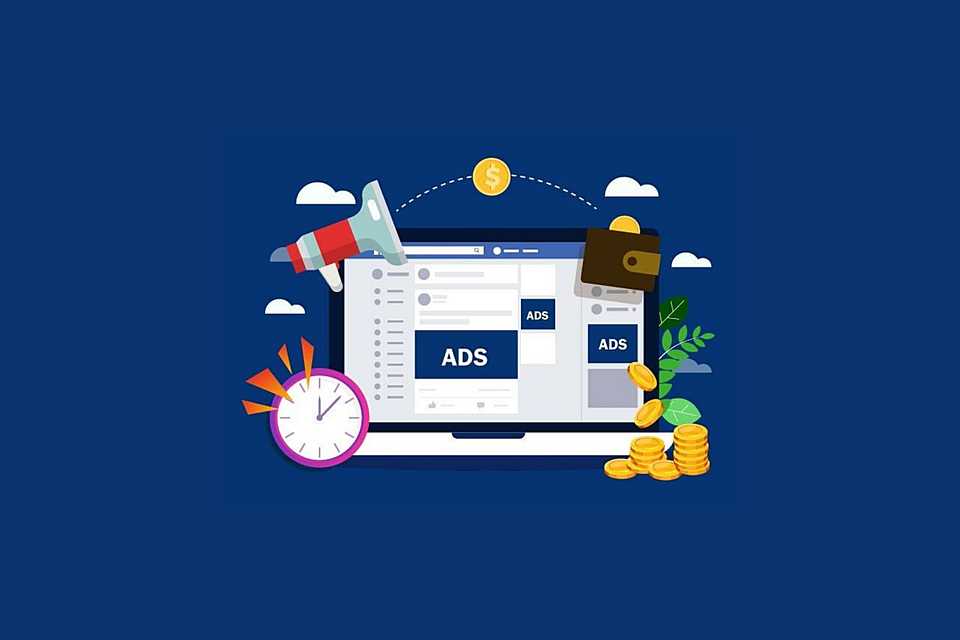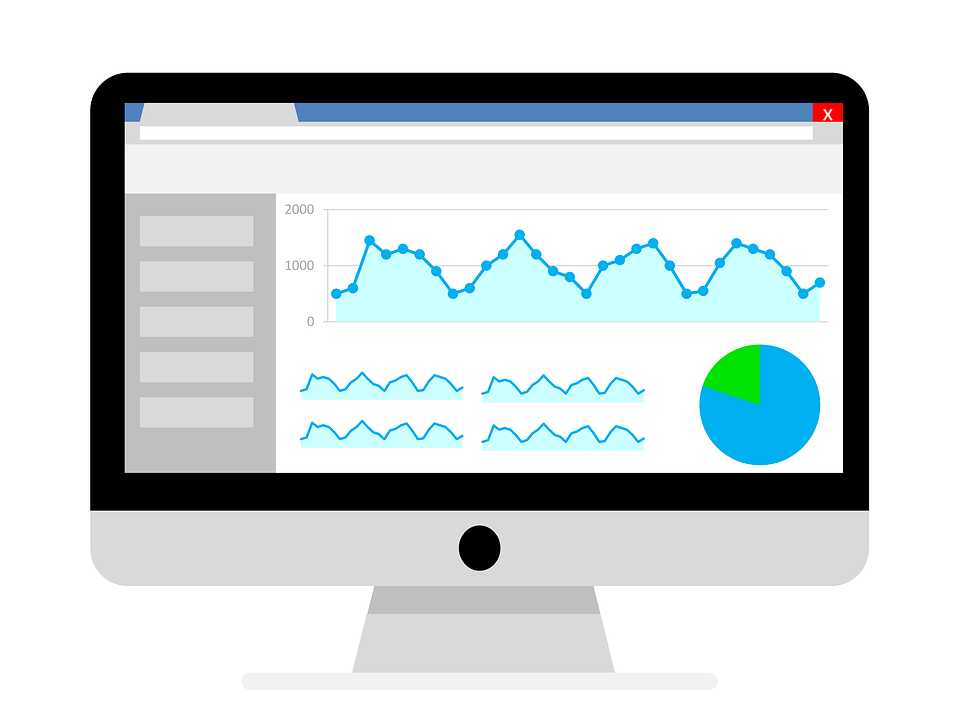Whether you’re a seasoned internet marketer or just starting, there’s a good chance you’ve heard about Google Ads and Facebook Ads. They’re both vast platforms used by marketers to promote products and services.
For most businesses, both Google AdWords and Facebook Ads are all essential components for online marketing. Both platforms offer highly comparable audience targeting and campaign management features that allow for a significant amount of control over the details of your ad campaigns. You can always hire PPC services to tap into the potential of both of the advertising platforms.
Advertisers can use either platform to influence user behavior effectively, but which one is a better fit for your business depends on what you’re trying to accomplish. Ad platforms are constantly competing, adding more features to try and get you to make the switch. With both having such similar functionality, it’s natural to wonder which one is better.
Google Ads

Google Ads
Google Ads is a Google product that allows you to advertise your products or services in search results. It is widely used by small businesses as well as large corporations. Although Google offers many different ad units, Google Ads mainly consists of paid search ads placed next to organic search results. It’s available at the top right corner of the screen when users click on a referring website, such as an online retailer’s homepage.
If you’re looking to get more exposure for your products or services, then Google AdWords can be a great way to make sure your messages get seen by as many people as possible. Be sure to understand how Google determines which ads to show you and how much each position costs.
The Pros & Cons:
Google Ads make it easy for anyone to advertise their business on Google. They also provide many options for advertisers wishing to target users based on similarly trackable behavior across websites and apps.
Google Ads are the most cost-effective and efficient option for scale-out operations. The obvious benefits of Google Ads include reaching a much wider audience and the convenience of targeting search terms directly from the results page of a search engine. But certain benefits may not be obvious-like the potential to drive new leads and sales.
For business owners and entrepreneurs, the benefits of Google advertising are clear. Anyone with a business can reach customers from all over the internet with just a few keystrokes. They are cost-efficient, portable, and mighty, allowing the market to dictate what the customer sees before they even search.
There are, however, many cons to Google advertising. Until recently, the main limitation to using Google AdWords has been bandwidth. You could not advertise on Google if your bandwidth ran out. With improvements in Google’s network infrastructure and AdWords software, this has changed. Now you can advertise on Google with as little as 1% of your traffic being metric toned. This means you can promote to people who are actively using the internet (instead of just flocking to your site when they stumble upon it) without worrying about running out of space on Google’s servers.
Facebook Ads

Facebook Ads
Facebook Ads allow you to target potential customers directly, something that is not possible with Google Ads. This opportunity to connect with potential customers will ultimately bring more conversions and more money to your business.
Facebook Ads operate on a Cost-per-Click (CPC) model where you pay a fixed fee each time someone clicks on an ad. It means that if you can get your ad in front of the right people at the right time, your cost per click can be meager.
The Pros & Cons
The problem is that a lot of businesses use them for everything but marketing their company. Although Facebook is constantly evolving and improving its platform, one thing that hasn’t changed is how competition works. If you have a small business and only post on Facebook occasionally, this strategy can be successful. But if your business posts on Facebook frequently and is hoping to draw a crowd, running Facebook ads could be less beneficial.
While you might initially think of Facebook Ads as a way to grab some attention for your brand, this is usually only a short-term tactic. By focusing on communicating with people directly related to your target audience, you can build a relationship that will carry through many interactions on Facebook and beyond.
Others look at them and conclude they’re too expensive and time-consuming or don’t produce enough traffic to justify the time and effort required. There’s no correct answer – provided you’re willing to put in the time and hasn’t been spent.
Theoretically, you should be able to post anything on Facebook as long as it’s related to your business and not directly related to another person or company. It doesn’t mean that you can post anything about your business without first setting up an ad campaign, though and getting approval from Facebook.
Online marketing – Google Ads vs. Facebook Ads

Analytics
Have you ever wondered which is the better option when it comes to advertising your business? Google Ads or Facebook Ads? If you are an established business with many clients and sales coming in, then Google Ads might be the better choice for you. However, if you are a start-up and have limited sales coming in, Facebook Ads might make more sense because start-ups don’t have as much overhead to deal with and generally don’t need as much visibility on the internet.
The first thing you need to do to figure out if Google Ads is right for your business is to figure out which industries you’re competing in. Typically, if your business is very niche (fewer than a hundred customers), then you’ll be more suited for Facebook ads. However, if you have a minor influence or a lot of traffic from other sources (such as word-of-mouth advertising), then Google Ads might be right for you. Just remember that there is a link between the search engine ranking factors-backlinks and your conversion rate. That means, if all your backlinks come from trusted sources, your overall ranking in search results will be better.
Facebook ads and Google Ads are two sides of the same coin. Both are used by businesses to promote their products and services. However, there are some key differences that you need to be aware of before deciding which is the better option for your business.
Wrapping Up
Choose the right fit for your business; Google ads & Facebook ads can work together as well! Advertisers pay for every person who clicks on an ad. There’s a relatively simple mathematical formula for determining how much an advertiser pays for each person who has interacted with an ad; it’s called reaching demographics.





